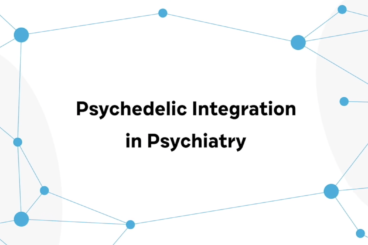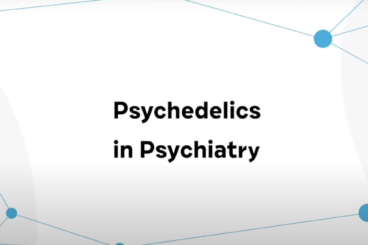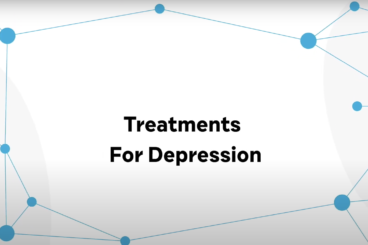Table of Contents
Grief is a tough subject because it comes up a lot for us during the holidays and other times when we’re not expecting to feel these feelings of sadness or longing.
Here are some tools and techniques that are most useful for those struggling with grief during the holiday season.
First let’s think, why does grief come up during the holidays? Well, often, if it’s grief about having lost someone, that comes up in the holidays because you’re used to seeing them. There are a lot of psychological cues and triggers in my own family. One of my favorite family members who we’ve lost, was my co-conspirator for our holiday planning, whether it was a trip, whether it was a big, fun dinner. So every time around the holidays, I start to think about her and it can often be painful and sad. It can be tough during the holidays, especially now with so many individuals who’ve lost people they love due to the COVID pandemic.
It’s normal
So let’s think about some of the techniques that could help you if you’re struggling with this. Overall, it’s normal to have these feelings. I encourage you to spend some time during the holidays to sit with these feelings. We spend a lot of time staying away from grief and trauma. We must function throughout our everyday lives, feeling sad or longing for someone that you can’t see anymore. That’s hard to sit with every day, and so we tend to close down and have a lot of defenses around feelings. During the holidays, when we have a little bit more time or we have more cues about those individuals, it comes up more.
Affective labeling
The first technique is called affective labeling. It’s one of the techniques of mental fitness that we talk about in our course, Healing the Modern Brain. Affective labeling is about sitting and naming our feelings. It’s one of the core techniques of any talk therapy or psychotherapy where we move beyond “I just feel sad” or “I miss the person” into some of the more subtle nuances of how we feel grief, whether its anger or guilt.
Being specific about the feelings is called affective labeling. There are lots of resources available for that. The feelings wheel is one resource where there are lots of different feelings and you can get a sense of specifically what you are feeling.
Engage with your feelings
The next technique is an important one because it’s almost the opposite of often what we do when we feel sad. When you’re feeling a powerful emotion of grief, it’s important to engage with that feeling. That can take many different forms. Maybe it’s journal entry, where you’re writing about or to that person.
Participate in a ritual
Also, for some individuals it can be helpful to have a ritual. Some of the experience of having grief during the holidays is really disorienting and almost dissociating that it’s hard to have all these different feelings, and so having a ritual to hold that can help.
A ritual could be having a moment of silence for that individual every year, giving a present to that individual who’s not there, everyone sharing a memory, or maybe it’s something more personal for you. You might go to a favorite place and sit and think about the individual.
Engaging with feelings of grief and seeing the opportunity in the holiday to do this is important.
Hold multiple emotions at once
And then finally, it is often difficult yet important to hang on to multiple different emotions at the same time. This is part of why holiday grief is so hard. You have the joy and the excitement of a celebration, or maybe some time off. It’s a lot of different feelings at once when you mix in grief, sadness, anxiety and family dynamics. So holding on to all these feelings and realizing you can handle it is important.
I hope affective labeling, engaging with your grief and working on your ability to hold onto multiple feelings at once, helps you with your grief.



